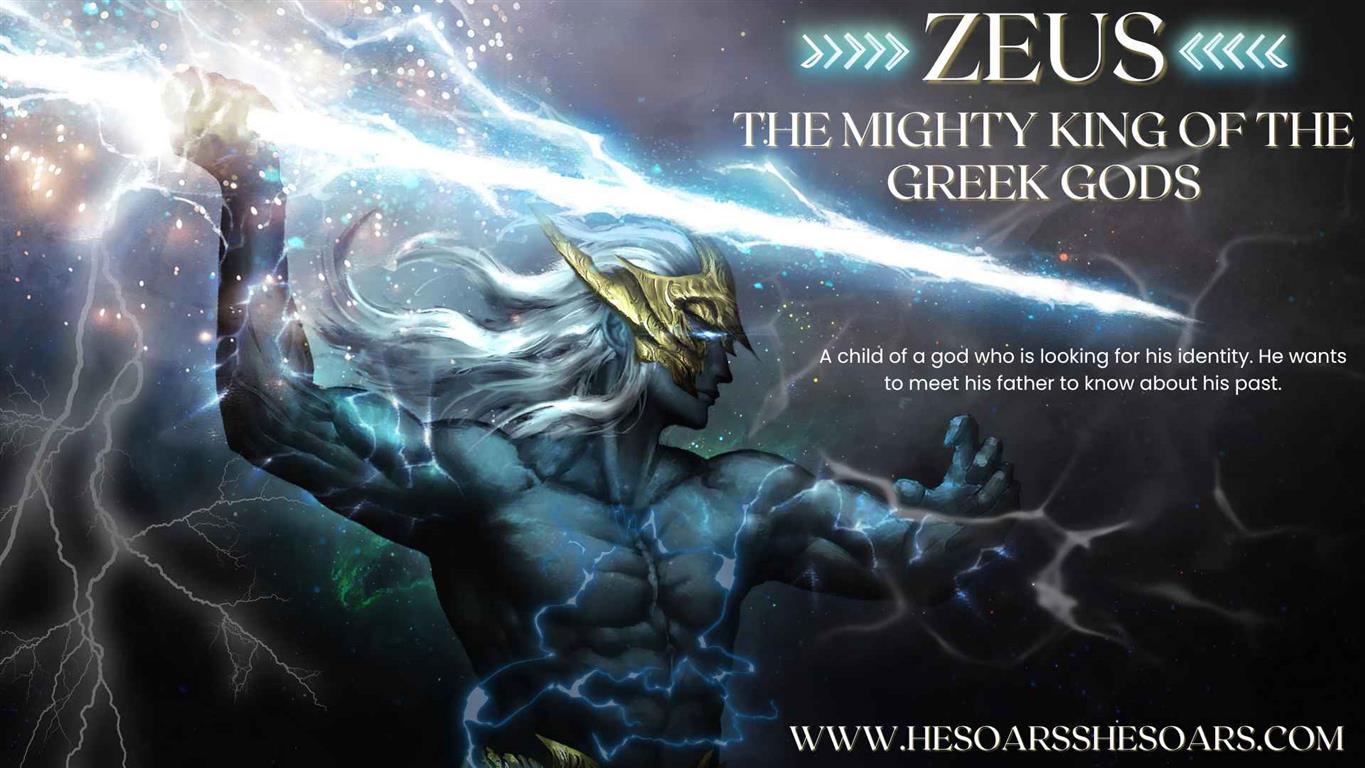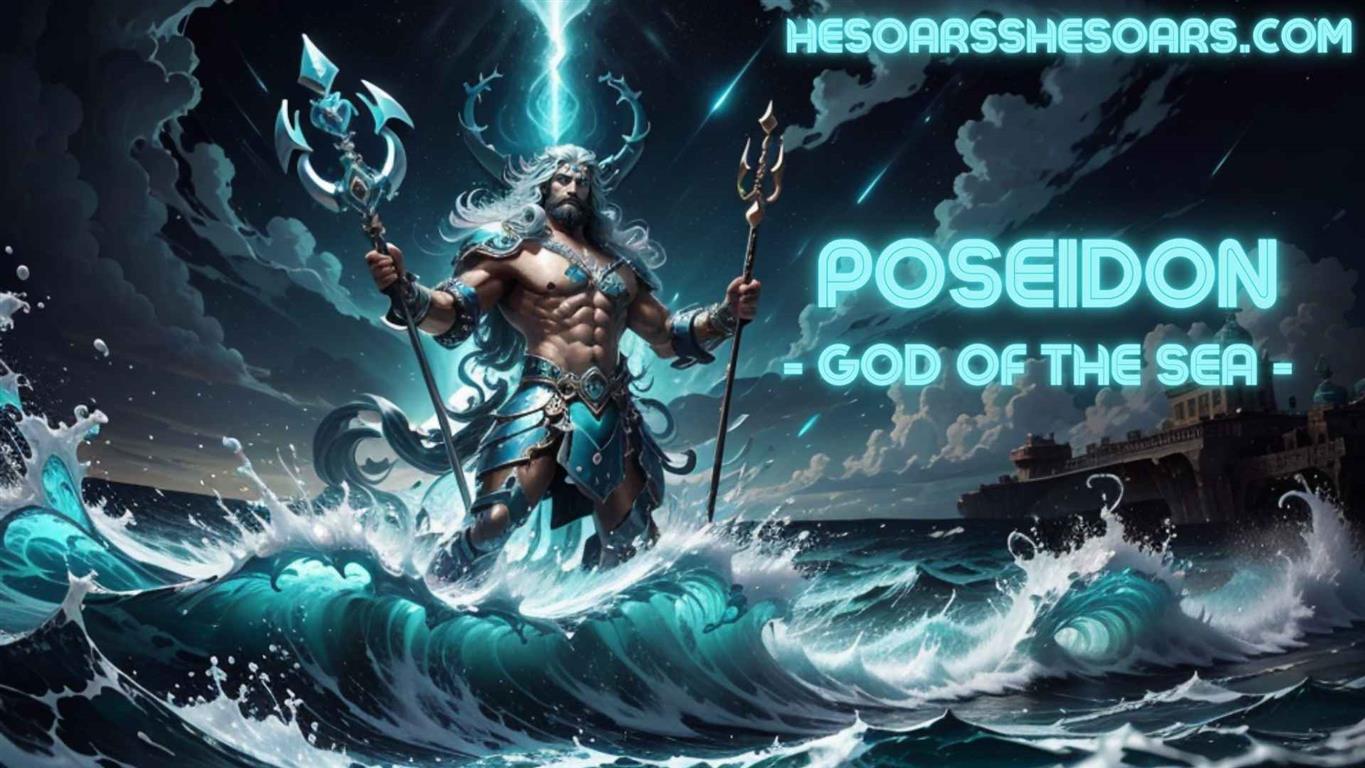Introduction
In the vast and intricate tapestry of Greek mythology, Zeus stands out as one of the most influential and revered figures. As the King of the Gods and the ruler of Mount Olympus, his stories have been told, retold, and immortalized in countless myths, art forms, and later religious narratives. Let’s delve into the life and legends of this mighty deity.
Origin of Zeus
when Zeus was born, Rhea hid him away on the island of Crete and gave Cronus a stone wrapped in cloth, which he swallowed, thinking it was Zeus.
In hiding, Zeus grew strong and powerful. When he came of age, he sought to challenge his father and free his siblings.while With the help of allies, including the Titaness Metis, forced Cronus to regurgitate his swallowed siblings.while A war ensued, known as the Titanomachy, where Zeus and his siblings battled the Titans. Eventually, the Olympians, led by Zeus, emerged victorious.
Zeus’s Attributes and Powers
Zeus held dominion over the sky, weather, law, and order. He wielded the thunderbolt, a symbol of his power and authority. As the chief deity, he was also associated with justice, honor, and hospitality.while He had the power to control weather, issue decrees, and deliver justice.
Zeus in Mythology
Zeus’s stories are diverse, encompassing themes of love, conflict, justice, and morality. Some notable myths include:
- Prometheus: this gods punished the Titan Prometheus for stealing fire and giving it to humans by chaining him to a rock where an eagle ate his liver daily.
- Europa: Enamored by Europa, Zeus transformed into a majestic white bull, enticing her to climb onto his back.while He then swam to Crete, where he revealed his true form.
- Danaë: in the form of golden rain, impregnated Danaë, leading to the birth of the hero Perseus.
Relationships and Offspring
Zeus had many relationships, both with goddesses and mortal women, leading to a vast lineage of olympian gods, demigods, and legendary heroes.
With his sister-wife Hera, Zeus fathered Ares (god of war), Eileithyia (goddess of childbirth), Hebe (goddess of youth), and Hephaestus (god of fire and blacksmithing).
Some of his other notable children include Athena (born from his forehead after swallowing her pregnant mother Metis), Apollo and Artemis (with Leto), Hermes (with Maia), Dionysus (with Semele), Hercules (with Alcmene), and many more.
Zeus’s Role as a King and Judge
As the king of the gods, this gods played a pivotal role in maintaining order among the gods and intervening in mortal affairs. His judgments were final, and both gods and mortals sought his wisdom and arbitration in disputes.
Zeus in Later Cultures
The Romans adopted many aspects of Greek mythology, and found his counterpart in the Roman god Jupiter.while Like Zeus, Jupiter was the king of the gods and wielded the thunderbolt.
Conclusion
Zeus’s character, though multifaceted and at times contradictory, is a reflection of the complexities of human nature and the ancient Greeks’ understanding of the divine. As a figure of authority, love, justice, and wrath, Zeus remains a central figure in the study of mythology, representing the heights of divinity and the intricate interplay between gods and mortals. His legacy, immortalized in myths, art, and historical records, continues to captivate and inspire, reminding us of the rich tapestry of tales that form the backbone of Western civilization.




